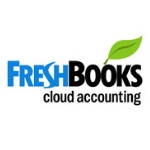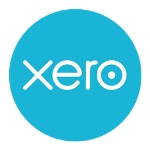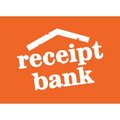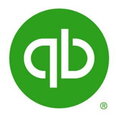Canadian Accounting Standards: Compliance and Best Practices for Businesses
When it comes to running a successful business, accounting can be one of the most important aspects to consider since it deals with the intricacies of finances. Canadian accounting standards, regulations and best practices can be challenging to navigate. Businesses in Canada are required by law to comply with International Financial Reporting Standards (IFRS), Canadian Accounting Standards for Private Enterprises (ASPE) and the Income Tax Act. Failure to meet these standards can lead to stiff penalties, fines, business reputation issues and legal consequences. This blog post will look at the importance of compliance with Canadian accounting standards and how businesses can adopt best practices.
- The Importance of Compliance with Canadian Accounting Standards
Businesses in Canada are required to adhere to the Generally Accepted Accounting Principles (GAAP), which sets out the standard accounting practices and assumptions used to prepare financial statements. The IFRS and ASPE are the accounting standards that businesses must comply with. Although compliance with these standards can be challenging, it is a crucial aspect of running a business since it allows for accurate financial reporting, informed decision-making, as well as improved transparency and credibility with stakeholders.
- Best Practices for Compliance with Canadian Accounting Standards
(i) Up-to-date Record-Keeping – having an efficient and organized accounting system which includes all transactions with supporting information is a must. Such a system facilitates easy and correct preparation of financial reports.
(ii) Timely Record Processing – accurate and consistent record processing reduces errors and reduces liabilities that come with late returns.
(iii) Hire a Professional Accountant – professional accountants can help ensure compliance with accounting standards and provide appropriate financial advice.
(iv) Regular Assessments- Regular assessments of accounting practices, policies and procedures ensure compliance with Canadian accounting standards and management strategies.
- Common Accounting Standard Compliance Issues
(i) Improper revenue recognition- failing to recognize revenue when goods or services are delivered, or recognizing it inconsistently can be costly. Accounting related issues like these often lead to business failures.
(ii) Failure to keep inventory records – failing to keep proper records of inventory transactions and stock-taking can result in overselling stock one doesn’t have or underselling their inventory.
(iii) Tax errors – a wrong recording of claims and returns can lead to suspicion from the government, hefty fines or legal cases.
(iv) Human error – Data entry errors or inaccurate classification by staff exposes an organization to liabilities.
- How to Avoid Noncompliance with Standards
To avoid non-compliance with Canadian accounting standards:
(i) Hire Professional Accountants – to monitor accounting systems or take on accounting roles.
(ii) Staff Training – Accounting training for employees can help them adhere to accounting regulations.
(iii) Up-to-date Equipment and Accounting Systems – new and secure equipment is required to keep accounting records as unauthorized modifications could lead to vulnerabilities.
(iv) Consistency – Maintaining consistency when inputting data, treating each accounting cycle as an individual accounting cycle helps to ensure accurate recording
Maintaining compliance with accounting standards is essential if any business wants to thrive and avoid penalties. By adopting best practices such as up-to-date record-keeping, hiring a professional accountant, regular assessments of accounting practices, and avoiding common issues, a business can stay in compliance with Canadian accounting standards. It is important for business owners to prioritize compliance and good accounting practices to ensure financial disclosures reflect the true business value and financial position of their organizations.
If you’re thinking about hiring a bookkeeper for your small business, contact us at BBS Accounting CPA today. We would be happy to discuss your specific needs and how we can help you take your business to the next level.







